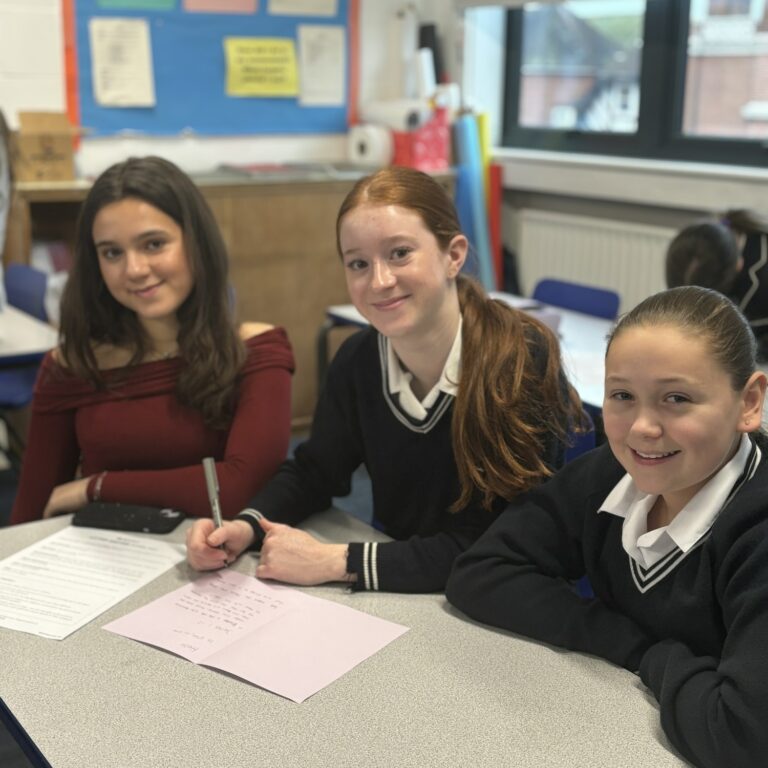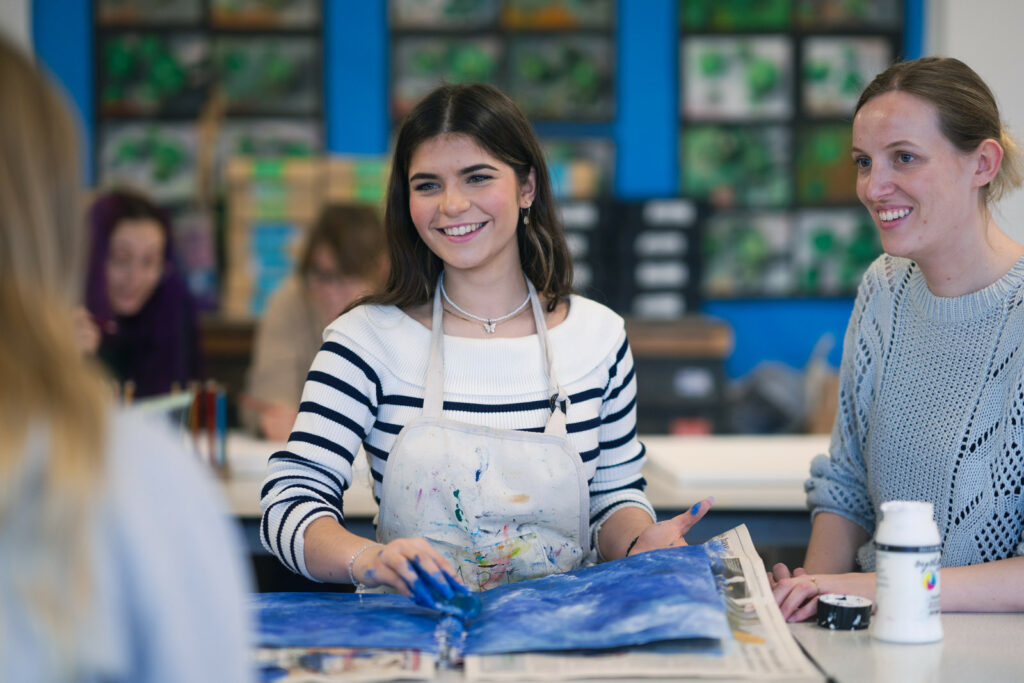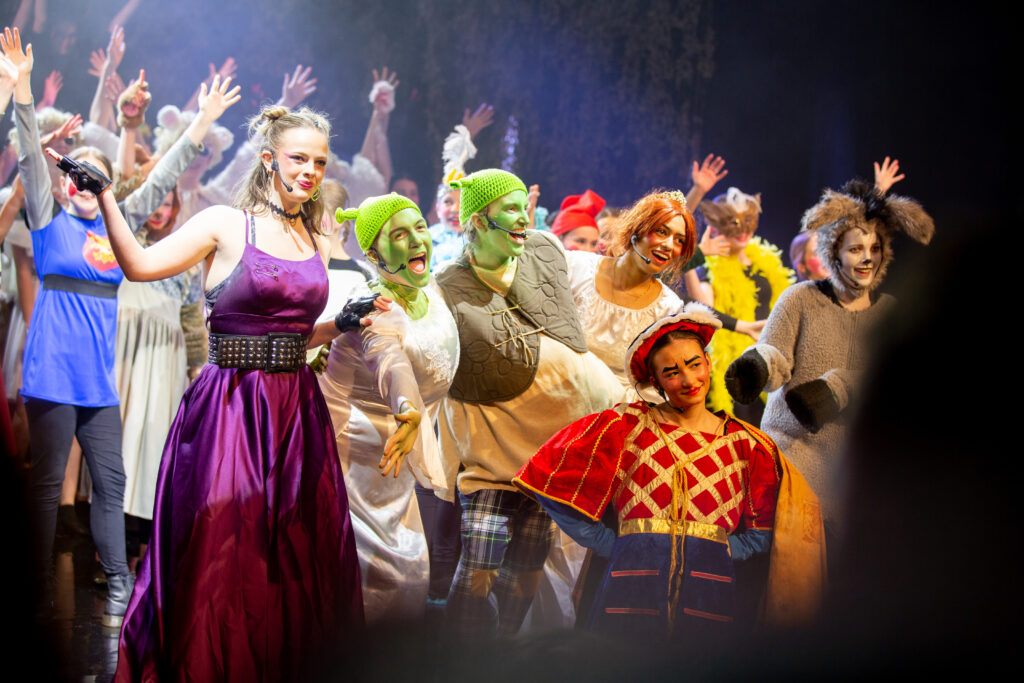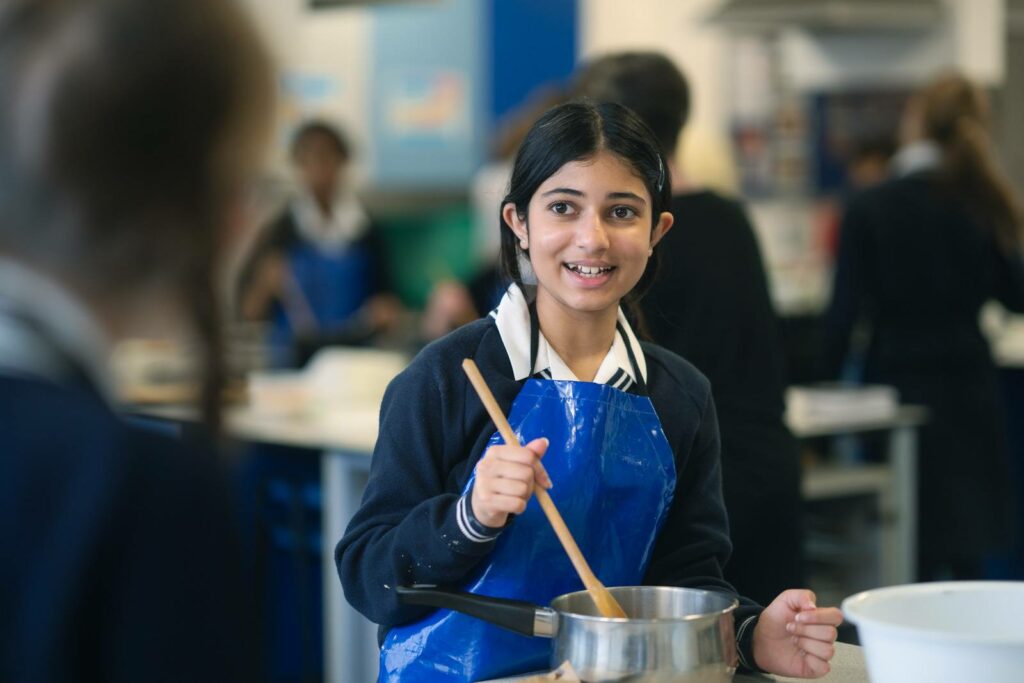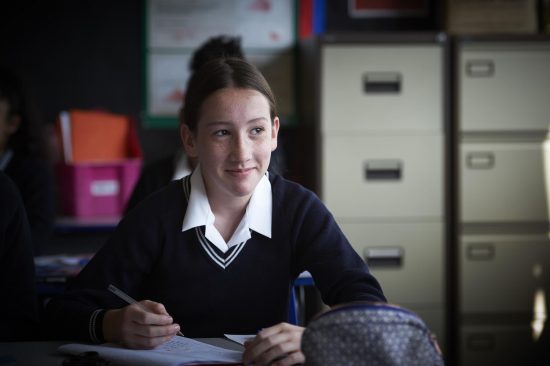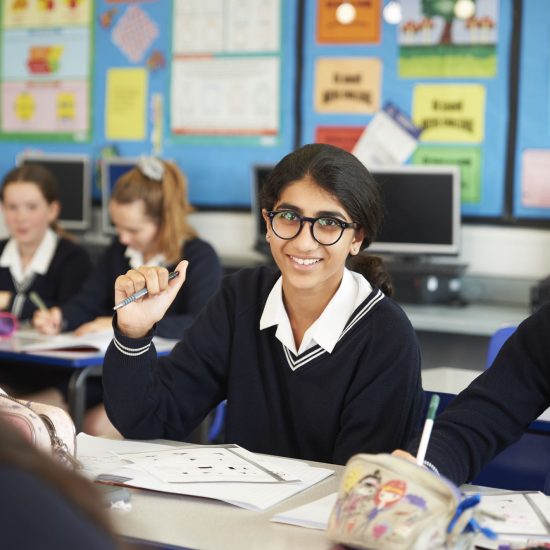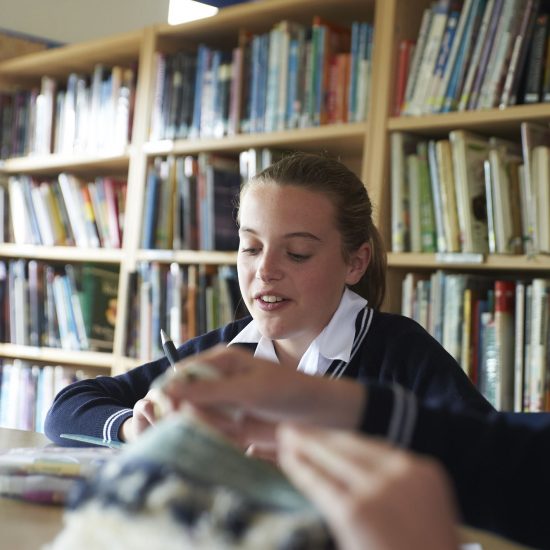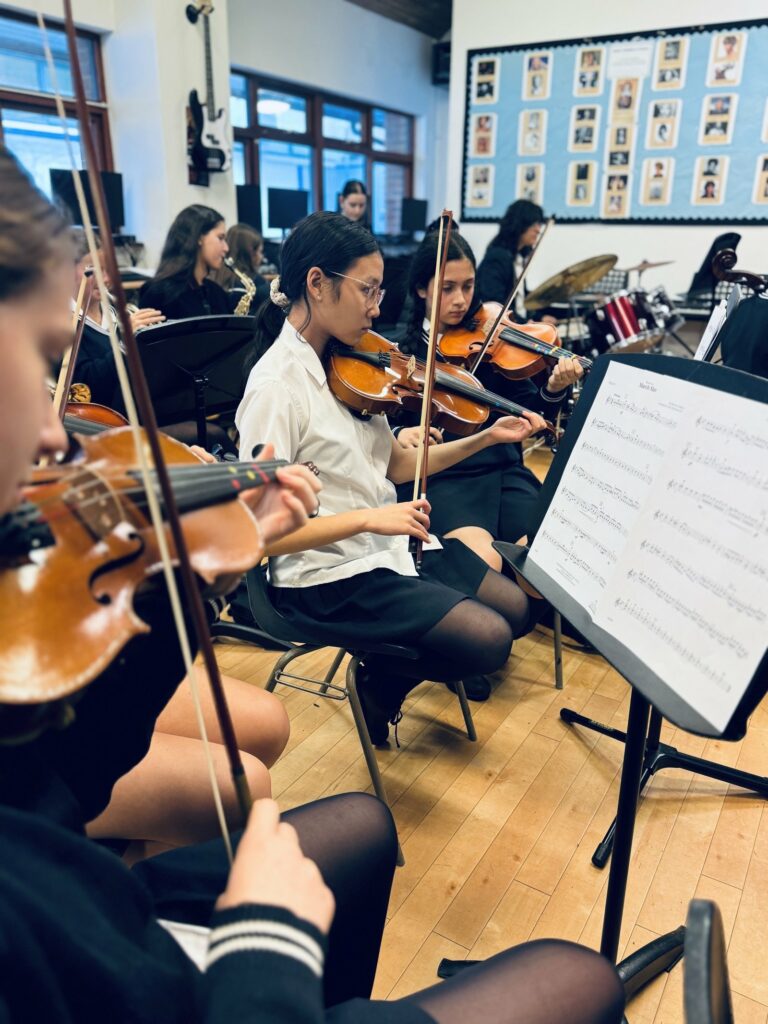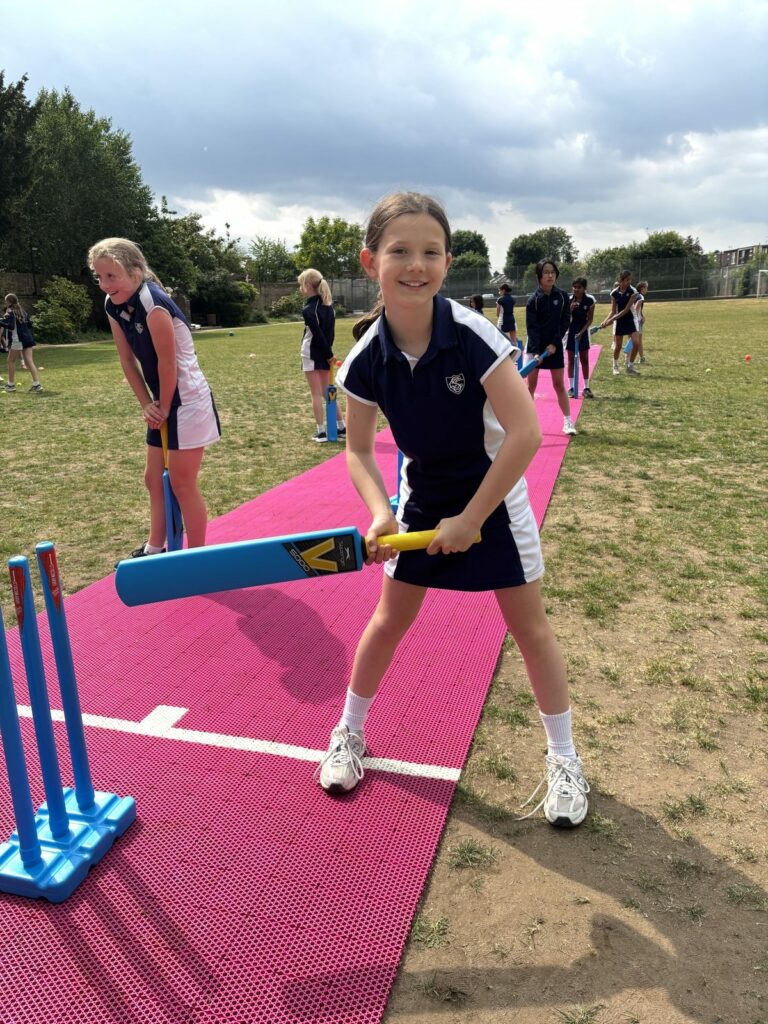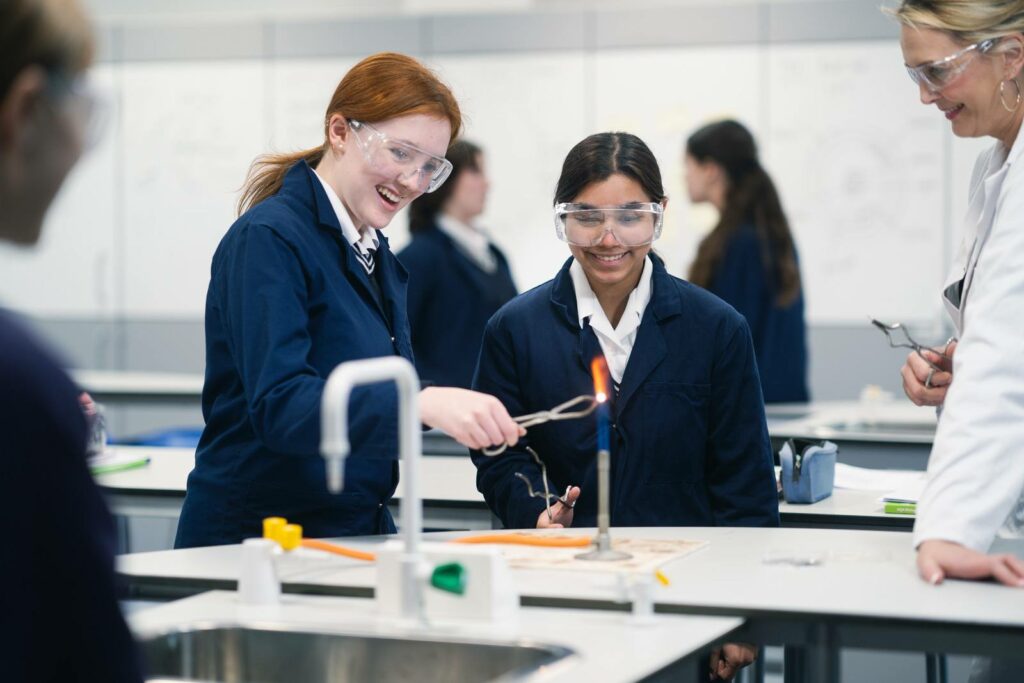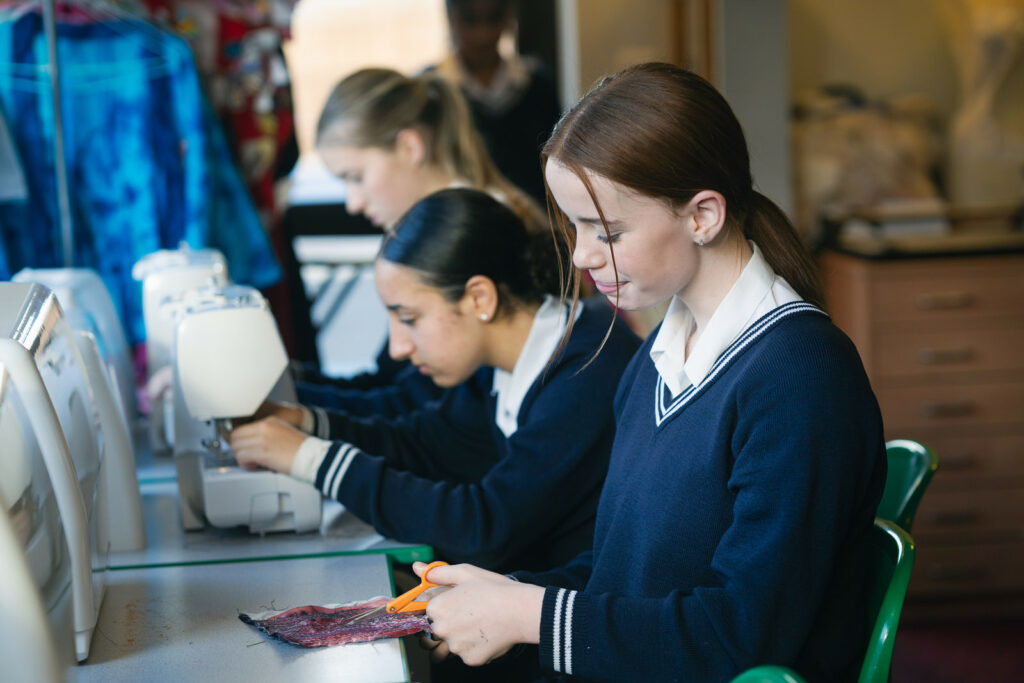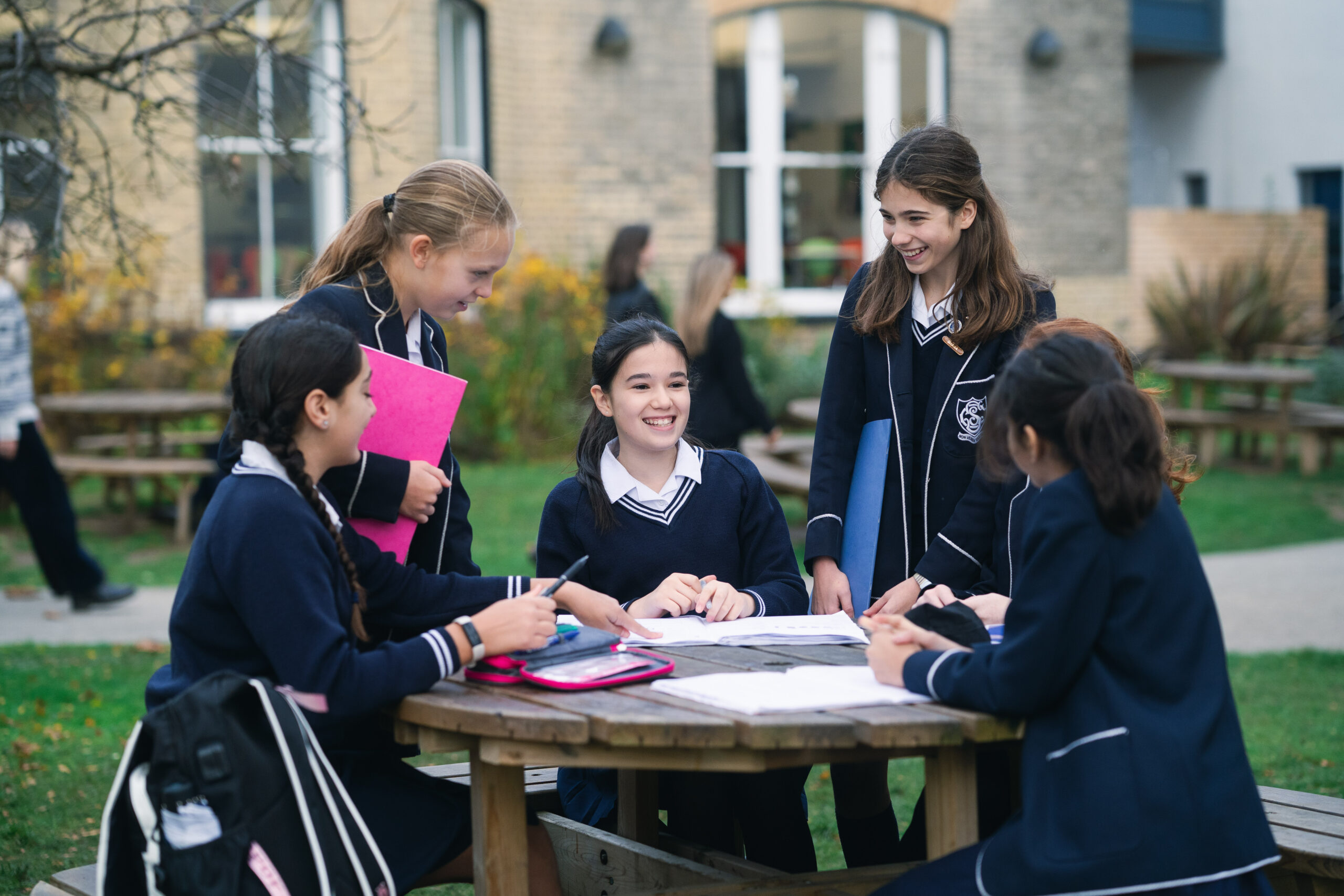Learning about and putting into practice healthy eating has positive implications for a student’s physical well-being. Studies have shown that food habits learnt at an early age are hard to influence and change. Our Food and Nutrition curriculum allows pupils to develop knowledge and skills that will help them to acquire life skills in cookery and understand their importance in establishing a healthy lifestyle. In addition, pupils will gain an understanding of the principles behind food science.
Students study the subject from year 3 and learn increasingly complex processes as they progress through the school. Special dietary needs are catered for and we are a nut free school. A variety of multicultural dishes feature in all years.
KS3
Year 7 Food and Cooking Skills/Diet and Health
Pupils are encouraged to broaden their practical skills learned in the Prep dept. and/or at home. We aim for them to work independently through recipes as much as possible, in an organised, safe and hygienic manner, by the end of the first term. The EatWell Guide is covered as well as food groups such as cereals, dairy foods, vegetarians, healthy breakfasts and snacks.
Dishes made include fruit kebabs, salsa, vegetable curry, fruit crumble, macaroni cheese, pizza, risotto, muffins, cheese straws and scones.
Year 8 Food Commodities
Pupils develop their knowledge of ingredients and food groups such as cereals, dairy foods, fruits and vegetables. Multicultural recipes are explored and more complex skills such as bread and cake making are covered in depth.
Dishes made include Irish soda bread, rolls, paella, chelsea buns, pasties, cheesecake, pasta carbonara, fruit tarts , kebabs, pitta bread and tiramisu.
Year 9 Food Preparation
Here the foundations are laid for the GCSE Food Preparation and Nutrition specification. The dietary needs of adolescents as well as a range of different cultures are taught, including British, Asian and Mexican cuisine. Pupils are encouraged to focus on a range of finishing techniques in order to achieve high standards of presentation.
Dishes made include quiche, Dutch apple cake, spicy wraps, burritos, pasta bake, cottage pie, sweet and sour chicken, spring rolls, and lemon sponge.
GCSE
Food Preparation and Nutrition (AQA) This is an exciting and creative course which focuses on practical cooking skills to ensure students develop a thorough understanding of nutrition, food provenance and the working characteristics of food materials.
Food preparation skills are integrated into 5 core topics which are largely covered during year 10.
- Food, nutrition and health- Macronutrients, nutritional needs and health
- Food Science – Cooking of food, heat transfer, chemical and functional properties of foods
- Food safety – Food spoilage, contamination and principles of food safety
- Food choice – Factors affecting food choice, British and international cuisine, sensory evaluation, food labelling and marketing
- Food provenance – environmental impact and sustainability of food, food processing and production.
During year 11, the 2 non-examination assessment (NEA) tasks and the written examination in June take place.
NEA Task 1 : Food science investigation; 15% of total marks
NEA Task 2 : Food preparation assignment; 35% of total marks
Written examination consisting of multiple choice and longer response questions, 1 hour 45 mins; 50% of total marks
WIDER LEARNING OPPORTUNITIES
Wider learning opportunities within school include House Ready Steady Cook competitions and a kitchen garden by the Science block from which we source vegetables during the summer months. Outside of school, we encourage students to enter regional and national cookery competitions, visit food shows/exhibitions, read current media publications and newspaper articles as well as watching television programmes relating to food preparation, diet and health and environmental issues.




